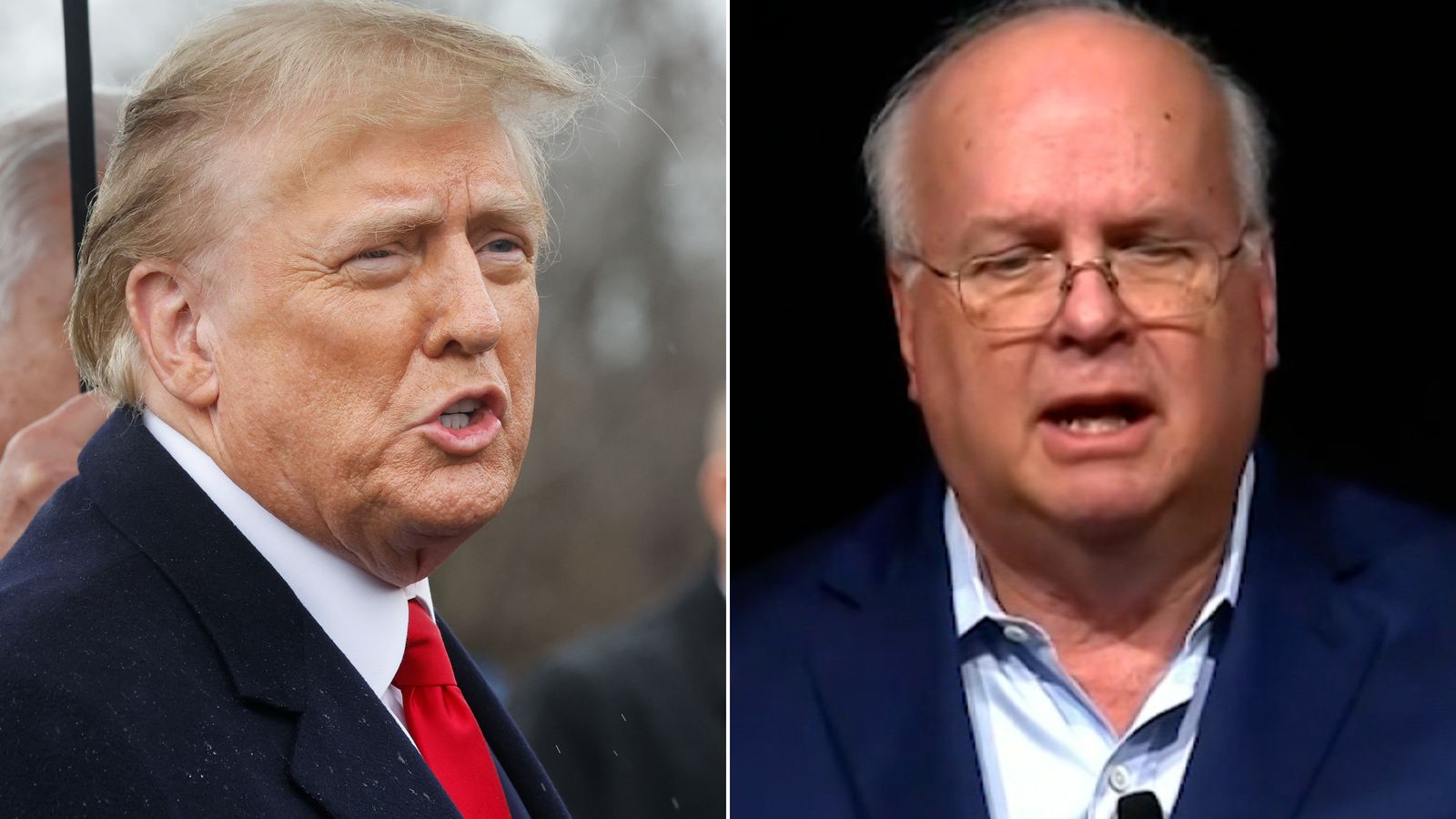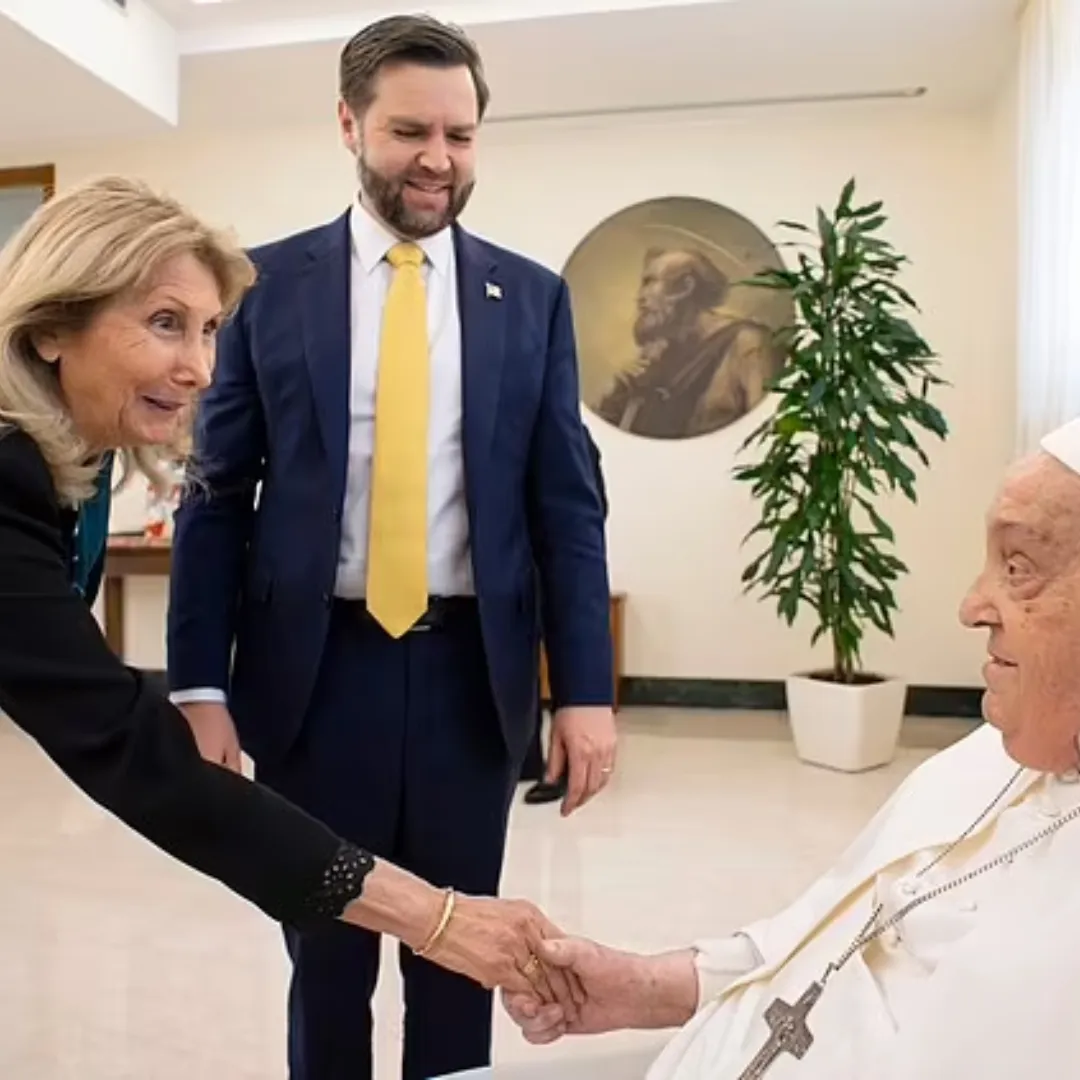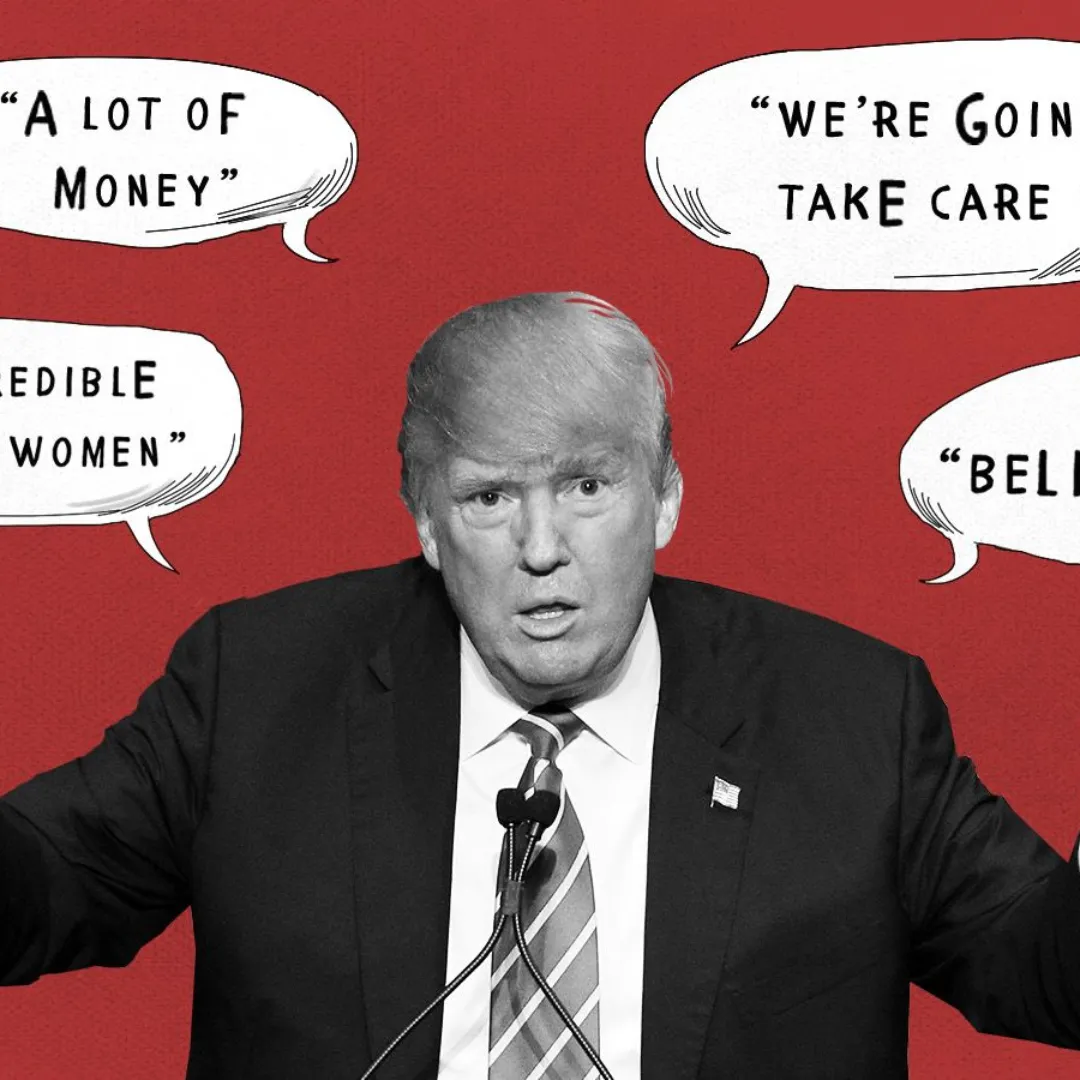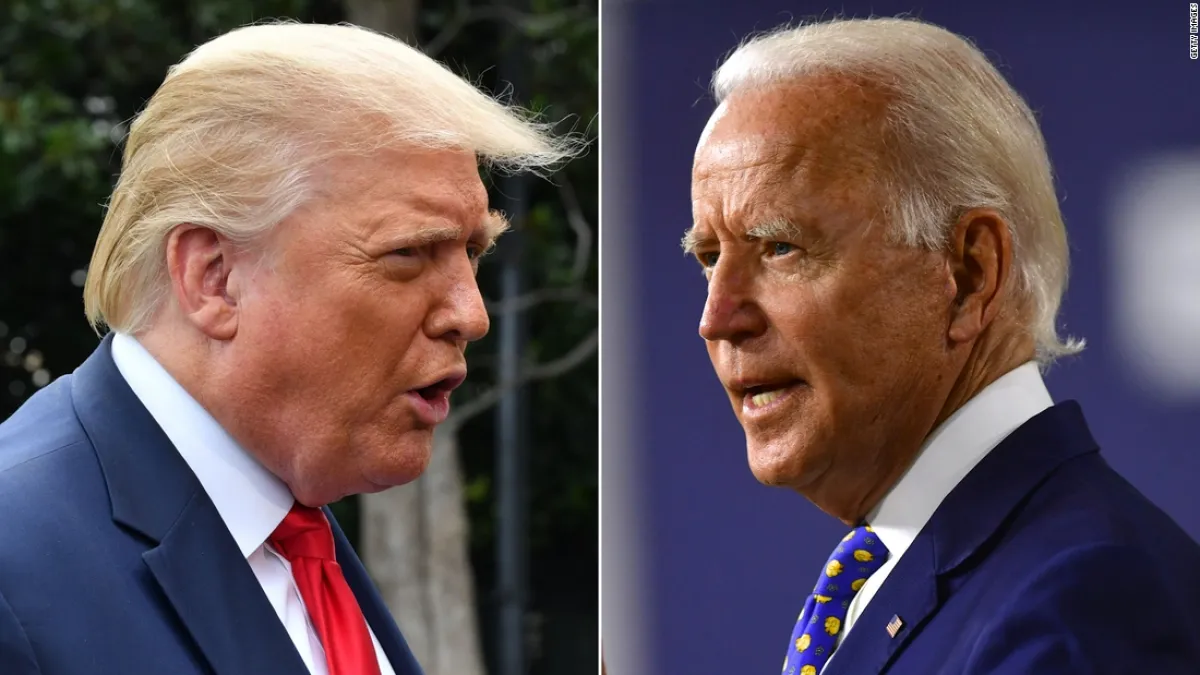Veteran Republican strategist Karl Rove is warning that President Donald Trump may already be losing the patience of the American people just months into his second term.
In a recent opinion piece and public comments, Rove criticized Trump’s governing style, questioned the sustainability of his political approach, and cautioned Republicans that their loyalty to Trump might bring future consequences that could backfire on the party.
Rove, who served as deputy chief of staff under President George W. Bush and has been a longtime conservative voice in political strategy, did not hold back in his assessment of Trump’s leadership so far in 2025.
According to Rove, rather than ushering in a new era of economic renewal and lower prices as promised, the Trump administration has instead ignited what he referred to as a trade war and introduced unpredictable policy ideas that stray from the platform on which the president campaigned.
"Americans are already exhausted," Rove said, referring to Trump’s constant presence in the headlines and the chaos that seems to follow the administration’s every move. "Voters made crystal clear what they wanted from the new administration — lower prices and a better economy."
Rove argued that Trump’s failure to focus on these priorities is beginning to show in the way Americans are reacting to his presidency, even among those who supported him at the ballot box last November.
While Rove acknowledged some of Trump’s efforts to roll back regulations from the Biden era, he expressed concern over what he sees as erratic policy initiatives that lack proper vetting or long-term strategy.
"His policies will almost certainly continue to be a mixture of deliberately planned, well-executed ideas and those concocted on the fly," Rove said. "The former include his undoing of the Biden administration’s excessive regulatory rules and red tape. The latter: the Department of Government Efficiency and removing fluoride from drinking water."
The comment about fluoride refers to a recent and controversial decision from the Trump administration to review federal standards for water fluoridation, a move that has sparked criticism from health experts.
The Department of Government Efficiency, another relatively new initiative championed by Trump, has also faced scrutiny for its lack of clear purpose and the involvement of political allies with little bureaucratic experience.
Rove did not limit his critique to Trump’s policy content but also took aim at the style in which the administration operates. He noted that unlike previous presidents who often worked to explain their actions to the public, Trump and his team appear to be driven by impulse and are constantly shifting focus without offering coherent messaging.
"There’s something shocking about this White House to an old-school politico like me," Rove said. "It doesn’t spend much time drawing attention to the president’s successes. Rather than patiently explaining his actions and why they’re good for Americans, the president and his advisers move from one thing to another, seemingly at random."
He added that this disorganized approach makes it difficult for even Trump’s supporters to keep track of what the administration is doing and why it matters. The lack of consistency, Rove suggested, is not just a communication failure — it may also represent a broader problem of governing without a clear direction.
Rove was also highly critical of what he described as a pattern of retribution that has emerged during Trump’s second term. While the former president has made no secret of his desire to confront those he believes wronged him — from political rivals to members of his own party — Rove warned that an obsession with revenge could ultimately prove damaging both for Trump personally and for the Republican Party more broadly.
"There’s way too much retribution," Rove said. "Most of the president’s revenge attempts will end badly for him."
According to Rove, the political risks of Trump’s retaliatory style go beyond short-term fallout. He argued that Republicans may be setting a precedent that Democrats could one day use against them.
"Republicans could rue the day they set a new justification for retaliation from Democrats," Rove said.
His comments reflect growing anxiety within certain segments of the conservative movement who have supported Trump’s policies but are uneasy about the tone and trajectory of his presidency. While many Republican lawmakers continue to back Trump publicly, others have expressed concerns privately that the administration’s combative approach may alienate voters heading into the midterm elections and beyond.

Rove also pointed out the global implications of Trump’s second term, noting that his political style has had ripple effects in other democracies. In particular, he suggested that Trump’s influence has hurt conservative parties abroad, giving political fuel to their liberal rivals.
He cited the example of the Liberal Party’s resurgence in Canada and the recent success of progressive parties in Australia as possible outcomes linked to Trump’s global persona.
"His presidency often helps parties opposing him in other countries," Rove said.
Despite these criticisms, Rove also took the opportunity to challenge Democrats. He argued that the opposition party is failing to present a cohesive alternative and that their current leadership only reinforces Trump’s narrative of a divided and radical left.
"The Democrats are unlikely to be an effective opposition until they get a better mainstream message and messengers," Rove said.
He singled out two high-profile progressives — Representative Alexandria Ocasio-Cortez of New York and Senator Bernie Sanders of Vermont — as examples of how the Democratic Party has allowed itself to be defined by its most left-leaning voices.
"Having Ocasio-Cortez and Sanders as the party’s most prominent faces now is helping Republicans," he said.
Rove’s warnings come at a critical moment in American politics. As Trump nears the 100-day mark of his second term, polls are beginning to measure how voters feel about his performance since returning to office.
With April 30 approaching, both parties are watching closely for signs of voter sentiment that could influence the upcoming election cycle.
While Trump’s base remains fiercely loyal, early indicators suggest that independents and swing voters are more hesitant. Economic concerns, especially the lingering effects of inflation, continue to dominate the public discourse.
Though Trump has claimed that prices are stabilizing, Rove and others are skeptical that his trade-focused policies will deliver the results voters expect.
"Trump promised to reduce inflation, but instead, he started a trade war," Rove said. "Many expect prices to rise."
The trade tensions in question stem from Trump’s recent decision to reintroduce tariffs on several categories of goods from China and the European Union, a move the administration says is designed to protect American jobs. Critics argue that it risks raising prices for consumers and igniting retaliatory measures from trading partners.

Rove concluded his remarks with a broader reflection on the state of political leadership in the United States. He suggested that both parties are struggling to meet the needs of a deeply divided electorate, and he urged Republicans not to become complacent simply because they currently hold the White House.
"Victory at the ballot box is not a free pass," he said. "It is a responsibility. And that responsibility includes governing wisely, communicating clearly, and avoiding the traps of ego and vengeance."
His commentary is likely to be closely analyzed in the coming weeks, especially as the Republican National Committee prepares for strategy sessions aimed at consolidating gains made during the last election and setting the stage for future contests.
For now, however, Rove’s message is clear. The Trump presidency, he says, is at a crossroads. Without a shift in tone and a renewed focus on the priorities of everyday Americans, the administration risks burning through goodwill before the second term even hits its stride.
"Americans don’t want drama," Rove said. "They want results."
As both parties gear up for another round of battles — in Congress, in state legislatures, and in the court of public opinion — the coming months may determine whether Trump’s return to power can be sustained, or whether it marks the beginning of a turbulent decline. Either way, Rove believes the consequences will be lasting, for Trump and for the country as a whole.





